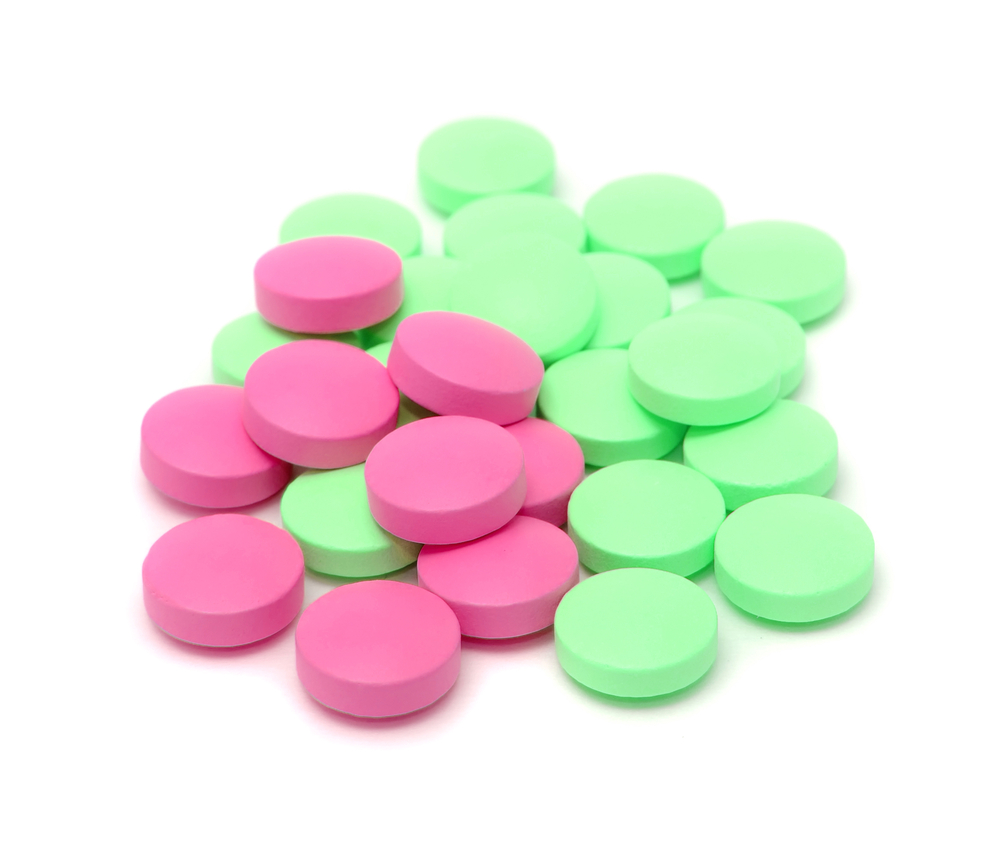Like so many American veterans, Nigel McCourry suffers from Post Traumatic Stress Disorder — otherwise known as PTSD.
Like very few American veterans (maybe only a handful?), Nigel McCourry treats his PTSD symptoms — effectively — with a medicinally prescribed “party” drug.
MDMA. Otherwise known as “ecstasy”.
No, seriously.
His sister heard about this study being done involving the recreational dance pills and passed the information along to the Iraq combat vet.
More from SFGATE:
McCourry had taken half of an ecstasy pill once before, back during his senior year of high school at a dance club with some friends.
“I can’t say for sure if it was MDMA, but it was not an unpleasant evening,” he said.
It turned out the study was being conducted in South Carolina, not far from Furman University in Greenville, where McCourry was studying biochemistry. He applied and in May 2012 had his first session, which involved swallowing a dose of MDMA and spending the next six hours talking to two psychotherapists about his experiences in Iraq.
“It was remarkable,” McCourry said. “My sleep issues got better after the first session. Three years later, I still have the bottle of Ambien sleeping pills that the VA gave. I haven’t had to use them.”
McCourry did four more of the six-hour MDMA-assisted therapy sessions over the next five months.
“The sessions were very exhausting and very challenging,” he said. “I confronted some of my biggest underlying fears and psychological problems. Afterwards, I felt worn out.”
Looking back, McCourry said, “I don’t feel cured of PTSD, but now I can manage my symptoms in a whole lot better way. Now my actions don’t cause huge disruptions at work, school or with family and friends. … I can have a girlfriend now. Before I’d break up after a couple weeks.”
McCourry now works for a small pharmaceutical company in Asheville. He believes that MDMA gave him greater insight into his problems but also that the drug works by “balancing out brain chemistry.”
“It prepares the brain to have a healing experience,” he said. “When I was on the MDMA, I felt for the first time like I was able to clearly see the individual components that were working together to create PTSD. Before it just seemed like this jumbled-up mess of psychological junk that I couldn’t work through. It was like the MDMA gave me an aerial view of the terrain.”
It’s still very early, but the data from the South Carolina research project is quite promising. More than 80% of the 20 patients who were given the treatment had no PTSD symptoms after two months — “compared with 25 percent who got the placebo pill”.
The Multidisciplinary Association for Psychedelic Studies is currently planning further, more extensive research through that will enlist hundreds of more patients throughout the country.
According to SFGATE, in 2013, 535,000 veterans, including 141,000 from the Iraq and Afghan wars, sought PTSD treatment from the VA. Many of them have not responded well to conventional drugs and therapies.
Are you a military veteran, first responder, teacher or student? Join ID.me for FREE to get exclusive deals and cash back.




































